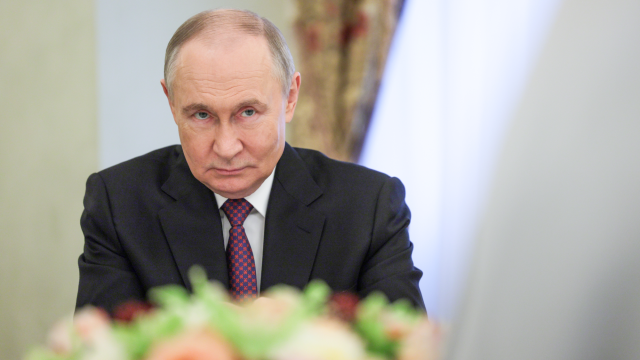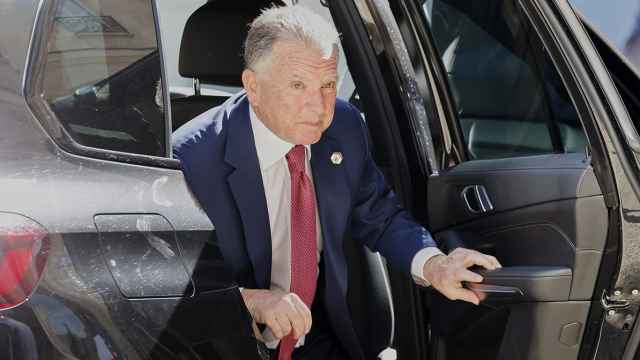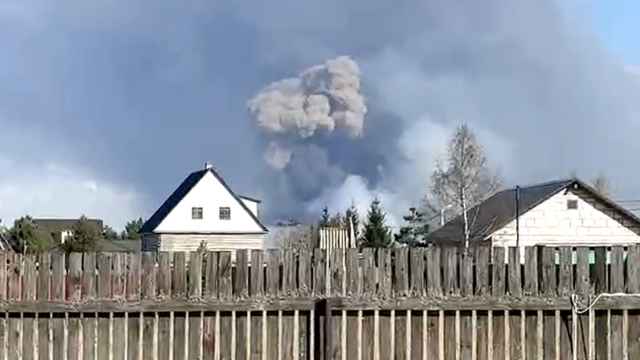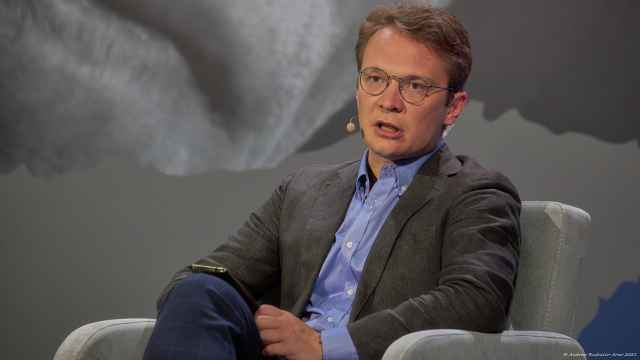The European Union has picked former Lithuanian Foreign Minister Vygaudas Usackas to head its delegation to Russia.
EU foreign policy chief Catherine Ashton that she had appointed Usackas to the post, which she said was a "key position" for the 27-state bloc.
Usackas, 48, is currently the EU’s special representative in Afghanistan. He is expected to take over from the current EU ambassador to Russia, Spanish diplomat Fernando Valenzuela, this fall.
The Lithuanian made headlines three years ago when he stepped down as foreign minister after falling out with President Dalia Grybauskaite over accusations that the government had allowed the CIA to run secret prisons in the Baltic country.
Before his January 2010 resignation, Usackas had advocated a tough foreign policy line with regard to Moscow.
Lithuania was among a minority of NATO member states that in 2009 spoke out against the re-establishment of the alliance’s ties with Moscow, which were suspended after the 2008 war with Georgia.
Usackas said at a NATO meeting in March 2009 that it was “a bit premature” to reward Russia after the war.
Later that year, he criticized an EU fact-finding mission that found that much of the blame for the 2008 conflict between Russia and Georgia lay with the government in Tbilisi. Usackas argued that it was not helpful to blame either side just one year after the fighting.
“If the international community had stepped in earlier and provided integration prospects for Georgia, the war could have been avoided,” he told the website Euobserver.com at the time.
Before becoming foreign minister in 2008, Usackas served as Lithuania’s chief negotiator for EU accession and ambassador to the United States and Britain.
The EU is Russia’s largest trading partner. In 2011, the bloc accounted for more than 35 percent of the country’s imports and almost 46 percent of its exports.
Contact the author at n.vontwickel@imedia.ru
A Message from The Moscow Times:
Dear readers,
We are facing unprecedented challenges. Russia's Prosecutor General's Office has designated The Moscow Times as an "undesirable" organization, criminalizing our work and putting our staff at risk of prosecution. This follows our earlier unjust labeling as a "foreign agent."
These actions are direct attempts to silence independent journalism in Russia. The authorities claim our work "discredits the decisions of the Russian leadership." We see things differently: we strive to provide accurate, unbiased reporting on Russia.
We, the journalists of The Moscow Times, refuse to be silenced. But to continue our work, we need your help.
Your support, no matter how small, makes a world of difference. If you can, please support us monthly starting from just $2. It's quick to set up, and every contribution makes a significant impact.
By supporting The Moscow Times, you're defending open, independent journalism in the face of repression. Thank you for standing with us.
Remind me later.






